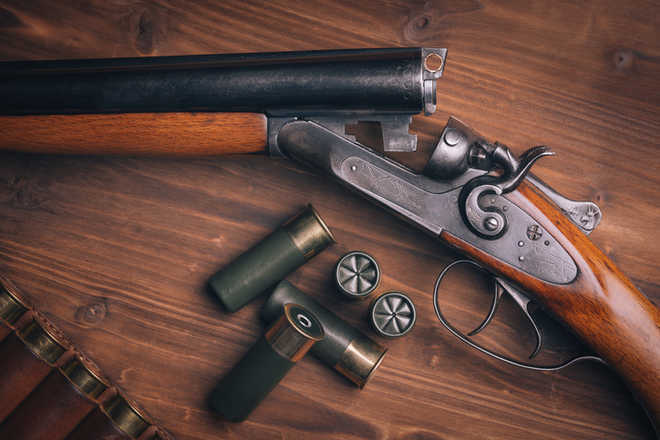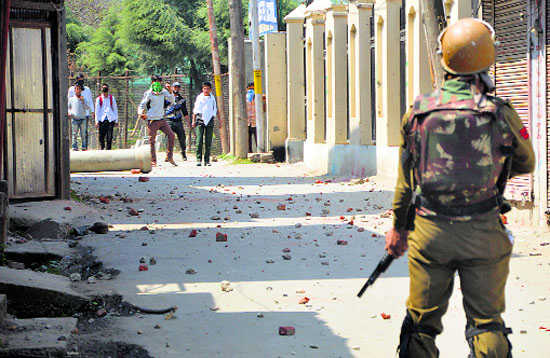
GROUND ZERO: Even as Pakistan struggles domestically, its inexpensive calibration in Kashmir Valley may persist.
Lt-Gen Syed Ata Hasnain (Retd)
Chancellor, Central University of KashmirGoing by the reactions to Navjot Sidhu’s visit to Islamabad for Prime Minister Imran Khan’s inauguration, there appears no stomach in India for any initiative to recommence any kind of peace process with Pakistan. The visit was but a diversion and insufficiently important to merit serious comment but did hold significance as an indicator of sentiment in India for its western neighbour. There has recently been an array of assessments on India-Pakistan relations meandering between giving Imran a chance to grow on his job and seek peace, and outright condemnation based upon his initial utterances, change of persona which is now much more Islamist and his kowtowing with the Generals to achieve his life’s ambition. Post inauguration, he has given much emphasis in his address to the mismatch of layers within the Pakistani society.In the context of India-Pakistan relations, no one expects any major change or initiative immediately under Imran and neither should one. Given the controlled freedom of action he exercises, he will not be permitted the independence to bring about change. Analysts have been elusive about what could lie in store for Jammu & Kashmir (J&K). If anything at all, the number of attempted infiltration attempts at the LoC in the last three weeks should give us a line of thinking on what the Deep State may well brief Imran Khan about. From Gurez to Tangdhar and Lipa, attempts at pushing in terrorists appear to have taken the priority even as south of Pir Panjal is relatively quiet. The strength of terrorists is not really a challenge because the resources from local recruitment continue to be available, albeit the fact that this is limited to South Kashmir. The ability to drive Pakistan’s agenda is not as well served by the local content as it is by the foreign (read Pakistani) terrorists (FTs). The Jaish-e-Mohammad (JeM), which has been relatively quiet during the election period in Pakistan, is known to have been expanding its Bahawalpur facility. It is well known that for every unsuccessful infiltration, there are at least one or two successful ones. Thus, with recent efforts, and what could be lined up in the immediate future, the strength of FTs is likely to go up, primarily in North Kashmir. Even as Pakistan continues to struggle domestically, the inexpensive calibration of the situation in the Kashmir Valley is likely to persist. The prime rationale for this can be reasonably assessed.Firstly, the finances for the Kashmir campaign never did come out of legitimate funds; it is well known how the separatist and terror-based industry functions on illegitimate funding hardly affecting Pakistan’s economy. Second, the Pakistan army does feel that the situation in Kashmir is not yet disadvantageous to its aims. It needs to retain the energy to continue the calibration and do it quietly. Third, and linked to the second, is the probable belief that with Governor’s rule, the focus of the authorities in the Valley has shifted to development and with no political compulsions to divert attention, the administration is likely to satisfy the needs of the people to a far greater degree. That situation is detrimental to Pakistani and separatist interests. With a relative decline in large-scale terror activity and street turbulence, the infusion of FTs is intended to re-energise the grid. In Kashmir, it is not just the importance of terrorist strength but also the requirement of appropriate leadership which is necessary. The citadel for this leadership lies in the Sopore-Handwara belt extending to Sumbal and Hajan which appear uncharacteristically quiet, indicating the success the security forces have been able to gain. Resurgence here and in the layback areas of Rafiabad and Rajwar will indicate the success of infiltration if it does get the better of the very strong dragnet at the LoC. The fact that the Pakistan army decided to breach the ceasefire in Tangdhar of all places does indicate the level of desperation to revive North Kashmir before it gets too late. It risked drawing response in Nilam Valley, its Achilles’ heel. The Indian Army’s LoC troops have innovated well to restrain themselves and yet deliver some telling blows to their adversary without crossing the LoC. With a level of urgency to reactivate north Kashmir by the deep state, the authorities will need to balance their strategy and not make the mistake of prioritising between the north and the south. Both are equally important. The three issues in the security sphere which must receive their undivided attention are recruitment, infiltration and terrorist leadership. The Amarnath Yatra with all its significance has drawn away intelligence and security resources. Now the panchayat and municipality polls will continue diverting resources and attention; this is the window that Pakistan’s Deep State would be eyeing with glee. The Army’s additional resources which have been available for the Amarnath Yatra would, in all probability, remain available for the polls coming up two weeks later. However, these should be retained till the end of the year and the arrival of snow, for appropriate deployment as per the Unified Command’s assessment, while keeping the three issues in focus. The successful conduct of the municipal and panchayat polls must be followed by empowerment. The last panchayat polls of 2011 were wasted despite the immense enthusiasm displayed by the people. Neglect in doing it this time will only result in more dismay and loss of confidence in the state.

The duration of Governor’s rule is a bonanza for the state as far as pending issues of the administration are concerned but it is also a period to make amends on the political front. Grassroot political activity, so characteristically missing in the Valley and other terror-hit areas, needs to revive along with field visits of government officials. The security situation has always been a ready excuse for the lack of such activity beyond district and tehsil dak bungalows. The administration will surprise itself with the enthusiasm that the people will display once politicians and officials can relate to people more effectively. However, in doing so, a part of the security resources will get divested from other priority tasks. It is the balancing act with the limited security resources which will dictate success in the immediate future in the Valley. Thinking beyond that may at present be a little futile.
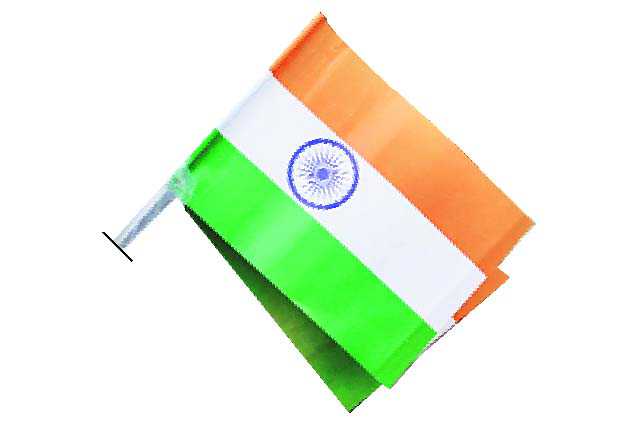








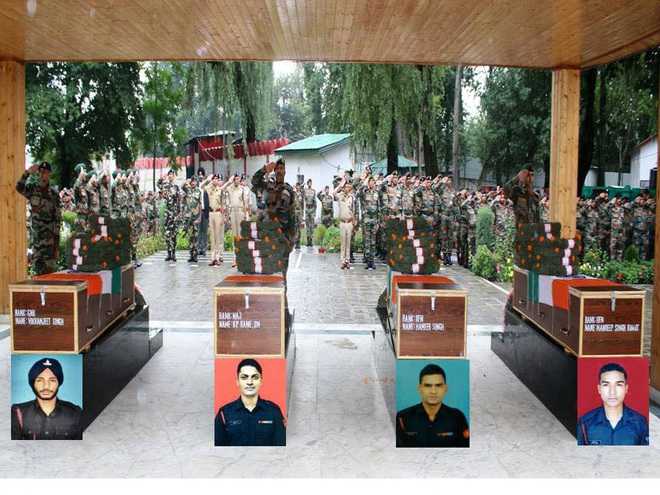

 PTI FILE
PTI FILE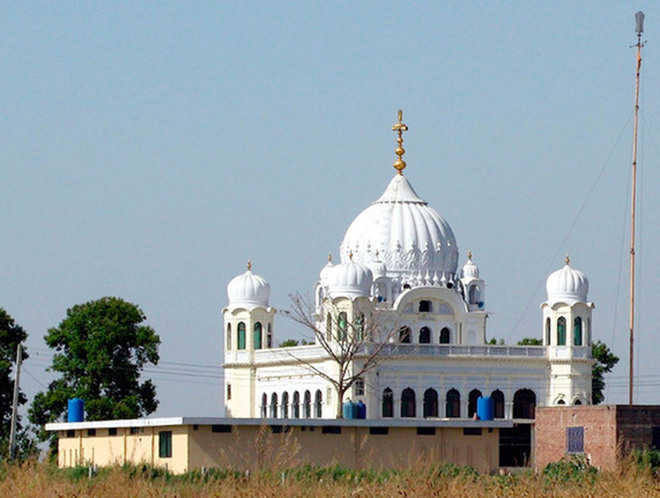
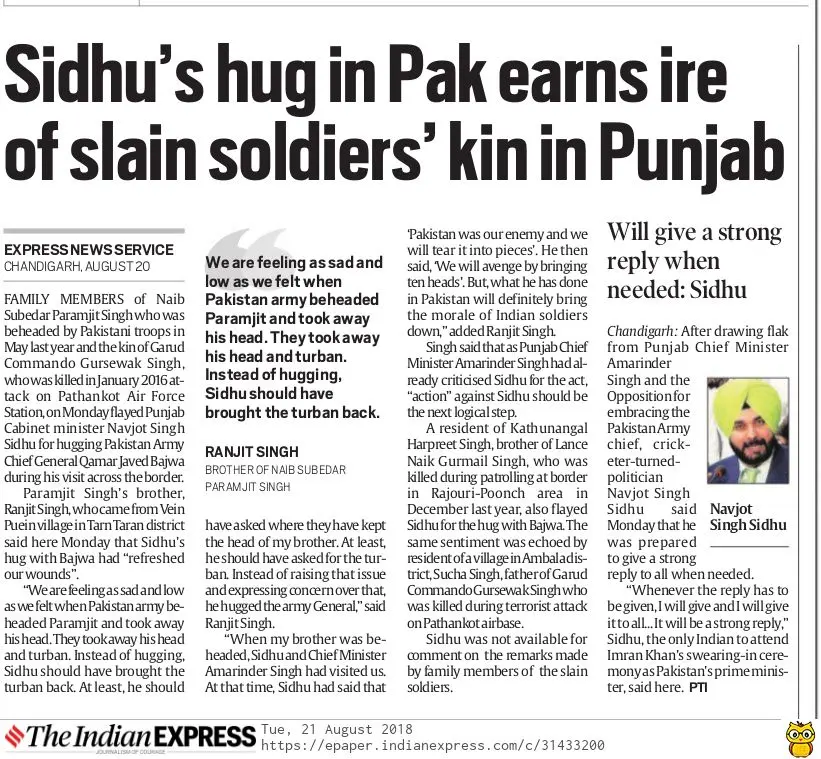


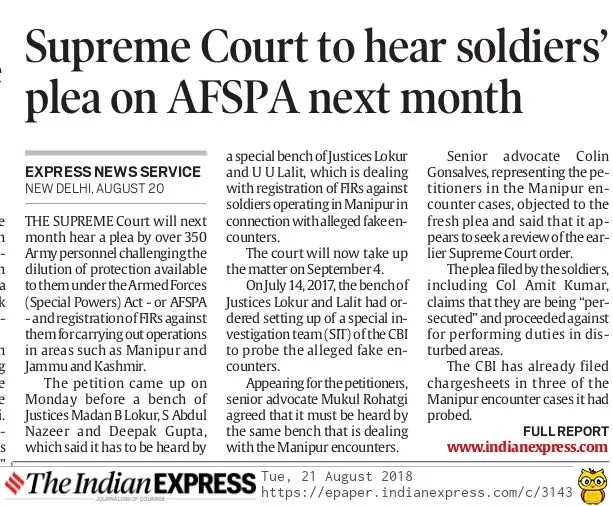

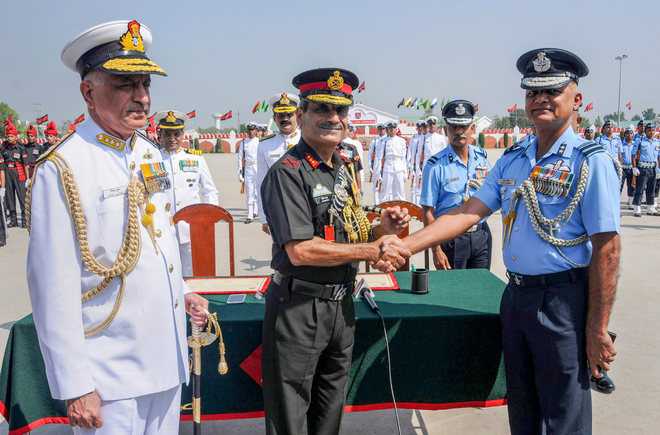


 AFP/PAKISTAN NATIONAL ASSEMBLY
AFP/PAKISTAN NATIONAL ASSEMBLY

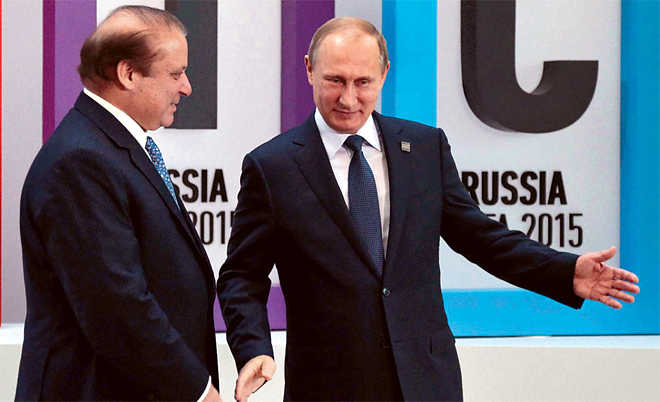
 AP FILE PHOTO
AP FILE PHOTO